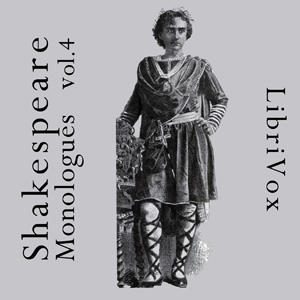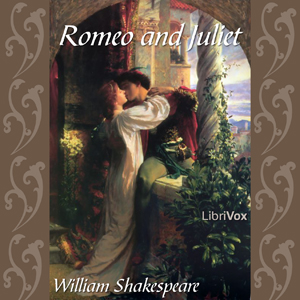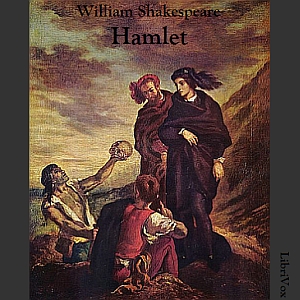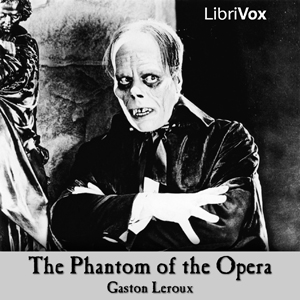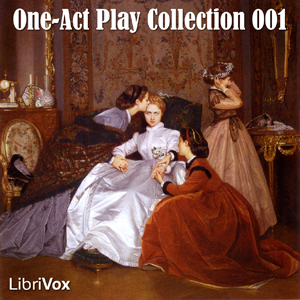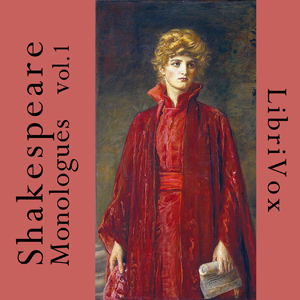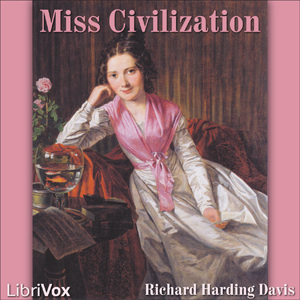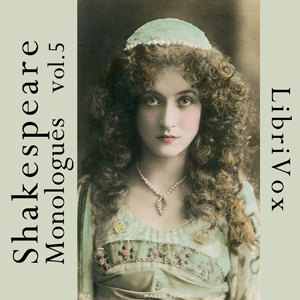- To Be or Not To Be (Act 03, Scene 01)
- A Midsummer Night's Dream - Oh Spite! Oh Hell! (Act 03, Scene 02)
- A Midsummer Night's Dream - My Mistress With a Monster Is In Love (Act 03, Scene 02)
- A Midsummer Night's Dream - Now the Hungry Lion Roars (Act 05, Scene 01)
- A Midsummer Night's Dream - Thou Speak'st Aright (Act 02, Scene 01)
- A Midsummer Night’s Dream – Call you me fair (Act 03, scene 01)
- Hamlet - What a Noble Mind is Here O'erthrown (Act 03, scene 01)
- Twelfth Night - Love Sought Is Good (Act 03, Scene 01)
- Much Ado about Nothing - Stand I condemned for Pride (Act 03, scene 01)
- Julius Caesar - I Know That Virtue To Be In You Brutus (Act 01, Scene 02)
- Richard III - Go, Gentlemen, Every Man Unto His Charge (Act 05, Scene 03)
- Richard III - Margaret (Act 4, Scene 4)
- The Tempest - Our Revels Now are Ended (Act 01, Scene 04)
- Romeo and Juliet - Gallop Apace You Fiery-Footed Steeds (Act 03, Scene 02)
- Henry V - O for a Muse of fire (Act 01, Prologue)
- Henry V - Once more unto the breach (Act 03, Scene 01)
- Henry V - What's he that wishes so? (Act 04, Scene 03)
- Henry V - What's he that wishes so? (Act 04, Scene 03)
- Antony and Cleopatra - The barge she sat in (Act 02, Scene 02)
- As You Like It - Blow Blow thou Winter Wind (Act 02, Scene 07)
LibriVox readers present the fourth collection of monologues from Shakespeare’s plays. Containing 20 parts.
William Shakespeare (April 26, 1564 – April 23, 1616) remains widely to be considered the single greatest playwright of all time. He wrote in such a variety of genres - tragedy, comedy, romance, &c - that there is always at least one monologue in each of his plays. Some of these teach a lesson, some simply characterize Shakespeare at his best, some are funny, some sad, but all are very moving. Each monologue will touch everybody differently. Some people will be so moved by a particular monologue that they will want to record it. (summary by Shurtagal)
William Shakespeare (April 26, 1564 – April 23, 1616) remains widely to be considered the single greatest playwright of all time. He wrote in such a variety of genres - tragedy, comedy, romance, &c - that there is always at least one monologue in each of his plays. Some of these teach a lesson, some simply characterize Shakespeare at his best, some are funny, some sad, but all are very moving. Each monologue will touch everybody differently. Some people will be so moved by a particular monologue that they will want to record it. (summary by Shurtagal)
There are no reviews for this eBook.
There are no comments for this eBook.
You must log in to post a comment.
Log in

